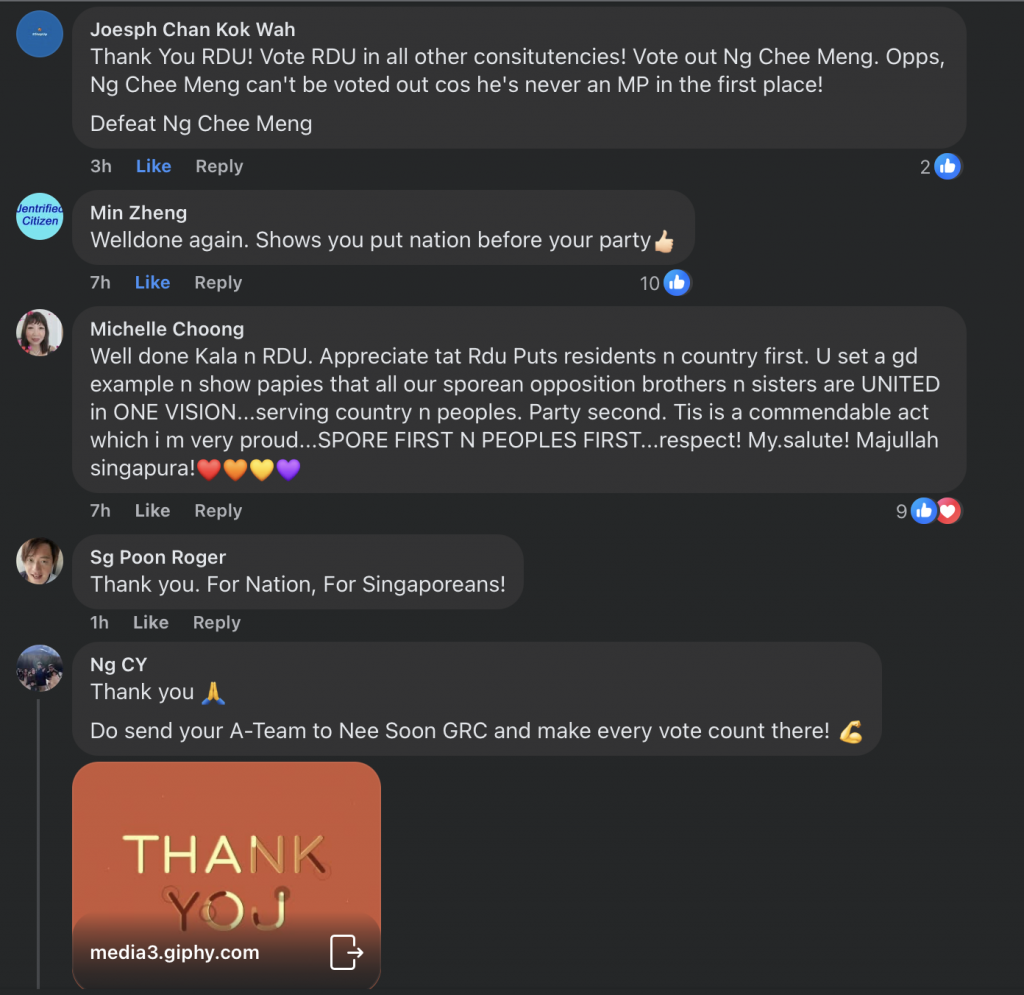SINGAPORE: A Singaporean man in his late 30s took to social media to share that switching careers feels like a lost cause at his age, since employers seem to care more about his birthdate than the skills and certifications he’s worked hard for.
In a lengthy post on the r/askSingapore forum, he explained that for the past few years, he had dedicated his time and energy to completing postgraduate courses, taking up PMP and project management certifications, slogging through project management modules, studying data analytics, and becoming “knowledgeable in all the buzzword skills like Tableau”.
He added that on top of his academic and technical pursuits, he made a concerted effort to strengthen his employability in every way possible. He actively engaged in networking, took on freelance projects to gain hands-on experience, and emphasised his transferable skills in every application. Yet despite his dedication, he said employers seemed to overlook all his efforts and qualifications, focusing instead on one thing: his age.
“I’ve sent out hundreds of customised resumes and tailored cover letters in the past eight months. What did I get in return? Rejection after rejection—or worse, absolute silence,” he wrote.
“Everyone says ‘never too old to learn’ and ‘mid-career switches are possible if you work hard enough.’ But the reality is, once you hit your late 30s or 40s, the job market looks at you differently. Ageism is real, even if nobody admits it. Employers say they want experience, but when you try to pivot, your experience is suddenly ‘not relevant.’ You’re competing with younger applicants who are cheaper and seen as more ‘mouldable.’”
“Certifications and new skills are nice on paper, but they don’t erase the years you spent in a different industry or the fact that you’re not 25 anymore. Every application vanishes into a black hole. It’s hard not to feel like upskilling at this age is just a way to keep hope alive, not to actually get hired,” he said.
The man clarified that he’s not against learning later in life, but in his opinion, upskilling in your late 30s often feels futile because the system is stacked against older candidates.
“The Singapore government and NTUC/e2i career coaches keep pushing courses, but what we really need is for employers to give mature workers a fair chance, not just lip service,” he argued.
“If you’re in the same boat, just know you’re not alone. I’m tired, demoralised, and questioning if all this effort is worth it. Maybe it’s time we talk honestly about the limits of ‘lifelong learning’ in Singapore, instead of pretending that another certificate will magically fix things,” he concluded.
“Paper qualifications are just half the game”
In the comments section, many echoed the man’s sentiment, expressing just how hard it is to get a job these days. Even a fresh graduate with a degree in business analytics from SUSS chimed in, saying, “Similarly, [I have] zero calls or interviews for data analytics roles. It feels horrible after four years of effort and sleepless nights with no results.”
Another commented, “It’s rough out there, man… The idea of upskilling just spawned an industry of courses and certificates, but I am not convinced it benefits anyone outside those providing the courses. I took some NUS courses and honestly, the level was embarrassingly low, total cringe… But we are expected to constantly stack on those courses.”
A third shared, “I don’t disagree with you; ageism is real. When I switched industries, I really started from ground zero at an associate pay of S$2,400, and then in two years, I got the fresh grad pay with a postgraduate certificate. Four years later, the fresh grads’ new salary matched my current salary.”
However, some commenters disagreed, pointing out that while upskilling is admirable, employers are not obligated to hire someone simply because they’ve completed additional courses.
One individual bluntly stated, “Nobody owes you a job just because you took some ‘upskill’ courses. At your age, the value you bring is to be experienced and knowledgeable in a field, to go for an experienced hire role, and not compete with fresh grads for junior roles.
“Ask yourself, what hard or soft skills do you really have that differentiate you from a younger candidate? Any sane hiring manager will choose a fresh grad over a late-30s uncle for the same skillset.”
Another added, “You can be a Harvard grad and not find a job. Paper qualifications are just half the game; the hiring manager has to like you and see you as someone whom they can groom. The latter part is much harder to nail, and especially so when you have more years on you.”
In other news, a man shared on social media that his girlfriend called him “heartless” for refusing to cover the full cost of her dental procedure.
In an anonymous post on the NUSWhispers Facebook page, the man explained that the dental procedure she needed was priced at around S$1,200 in Singapore. Wanting to be financially sensible, he suggested that they look into getting the treatment done in Johor Bahru, where it would cost only about S$400.
However, his girlfriend rejected the idea outright, saying it was “beneath her” to go across the border for medical treatment.
Read more: Man says his GF called him ‘heartless’ for refusing to pay the full S$1.2k for her dental treatment
Featured image by Depositphotos (for illustration purposes only)












